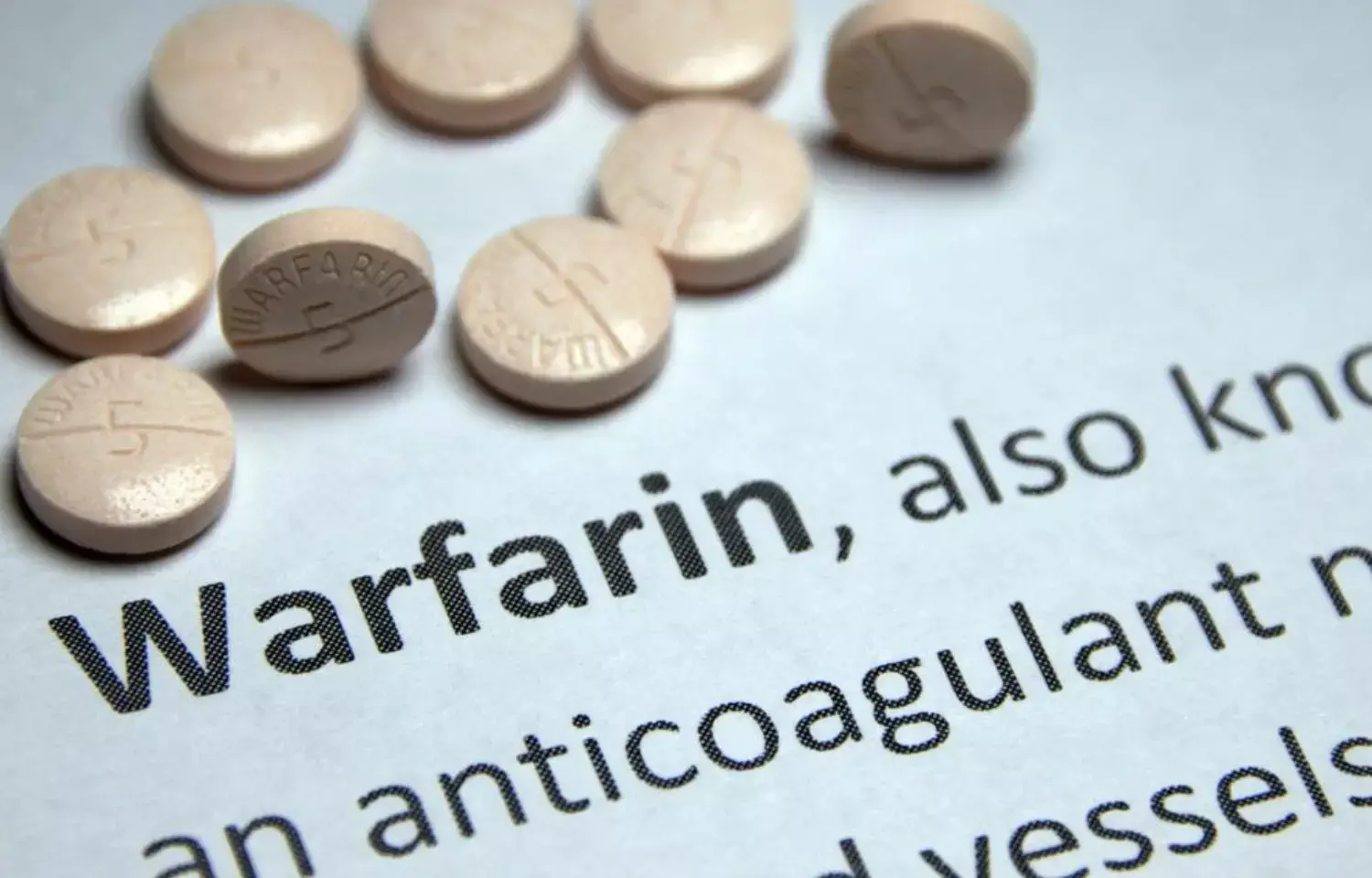- Home
- Medical news & Guidelines
- Anesthesiology
- Cardiology and CTVS
- Critical Care
- Dentistry
- Dermatology
- Diabetes and Endocrinology
- ENT
- Gastroenterology
- Medicine
- Nephrology
- Neurology
- Obstretics-Gynaecology
- Oncology
- Ophthalmology
- Orthopaedics
- Pediatrics-Neonatology
- Psychiatry
- Pulmonology
- Radiology
- Surgery
- Urology
- Laboratory Medicine
- Diet
- Nursing
- Paramedical
- Physiotherapy
- Health news
- Fact Check
- Bone Health Fact Check
- Brain Health Fact Check
- Cancer Related Fact Check
- Child Care Fact Check
- Dental and oral health fact check
- Diabetes and metabolic health fact check
- Diet and Nutrition Fact Check
- Eye and ENT Care Fact Check
- Fitness fact check
- Gut health fact check
- Heart health fact check
- Kidney health fact check
- Medical education fact check
- Men's health fact check
- Respiratory fact check
- Skin and hair care fact check
- Vaccine and Immunization fact check
- Women's health fact check
- AYUSH
- State News
- Andaman and Nicobar Islands
- Andhra Pradesh
- Arunachal Pradesh
- Assam
- Bihar
- Chandigarh
- Chattisgarh
- Dadra and Nagar Haveli
- Daman and Diu
- Delhi
- Goa
- Gujarat
- Haryana
- Himachal Pradesh
- Jammu & Kashmir
- Jharkhand
- Karnataka
- Kerala
- Ladakh
- Lakshadweep
- Madhya Pradesh
- Maharashtra
- Manipur
- Meghalaya
- Mizoram
- Nagaland
- Odisha
- Puducherry
- Punjab
- Rajasthan
- Sikkim
- Tamil Nadu
- Telangana
- Tripura
- Uttar Pradesh
- Uttrakhand
- West Bengal
- Medical Education
- Industry
Warfarin safe and effective option for managing hemodialysis patients with AF

Egypt: In patients on dialysis who require anticoagulation for atrial fibrillation (AF), warfarin could be safe and efficient compared to direct oral anticoagulants (DOACs), states an article published in Frontiers in Cardiovascular Medicine. Compared to DOACs, warfarin was shown to be associated with a significant reduction in the rates of systemic embolization, minor bleeding, and death.
Atrial fibrillation (AF) is the most common type of cardiac arrhythmia. Patients with AF who have severe chronic kidney disease (CKD) requiring dialysis have significantly higher incidence rates of ischemic stroke. Also, patients who have end-stage renal disease (ESRD), have a higher risk of AF and an increase in the incidence of bleeding and complications. For a long, warfarin has been the cornerstone of anticoagulation in patients with AF. The safety of warfarin in patients on dialysis is questionable as it may cause a higher incidence of bleeding. Additionally, the efficacy of warfarin in stroke prevention among patients with AF who are on dialysis is also debatable. DOACs have been demonstrated to be non-inferior to warfarin in mild to moderate CKD.
The use of DOACs in patients who have both atrial fibrillation (AF) and end-stage renal disease (ESRD) requiring hemodialysis remains controversial, with warfarin remaining the mainstay of the treatment.
Sohil Elfar, Portsaid University, Egypt, and colleagues conducted a study to review the current evidence investigating the safety profile and the efficacy of DOACs in comparison with warfarin in patients with AF and end-stage renal disease (ESRD) requiring hemodialysis.
In their meta-analysis, researchers included five studies with a total of 34,516 patients. Of these, 31,472 (92.14%) received warfarin and 3,044 patients received DOACs (8.91%).The outcomes were set as major bleeding, ischemic stroke, systemic embolization, hemorrhagic stroke, gastrointestinal bleeding, minor bleeding, and death.
Key findings of the study,
• There was no significant difference in the incidence of hemorrhagic stroke, major bleeding, hemodialysis access site bleeding, ischemic stroke, and GI bleeding between DOACs and warfarin.
• There were higher rates of systemic embolization, minor bleeding, and death events in patients who received DOACs than in the warfarin group (3.39% vs. 1.97%), (6.78% vs. 2.2%), and (11.38% vs. 5.12%) respectively.
Researchers concluded that in patients on dialysis who require anticoagulation for AF, DOACs were as effective as warfarin in the prevention of stroke, hemorrhagic stroke, major bleeding, and GI bleeding but warfarin led to a significant reduction in minor bleeding, systemic embolization, and death compared to DOACs.
Further prospective studies are needed to validate the present study findings and to address the best strategy to manage the increased thrombotic and bleeding risks in such patients, the authors suggested.
Reference:
Elfar S, Elzeiny SM, Ismail H, Makkeyah Y, Ibrahim M. Direct Oral Anticoagulants vs. Warfarin in Hemodialysis Patients With Atrial Fibrillation: A Systematic Review and Meta-Analysis. Front Cardiovasc Med. 2022 Jun 9;9:847286. doi: 10.3389/fcvm.2022.847286. PMID: 35757350; PMCID: PMC9218480.
BDS
Dr. Hiral patel (BDS) has completed BDS from Gujarat University, Baroda. She has worked in private dental steup for 8years and is currently a consulting general dentist in mumbai. She has recently completed her advanced PG diploma in clinical research and pharmacovigilance. She is passionate about writing and loves to read, analyses and write informative medical content for readers. She can be contacted at editorial@medicaldialogues.in.
Dr Kamal Kant Kohli-MBBS, DTCD- a chest specialist with more than 30 years of practice and a flair for writing clinical articles, Dr Kamal Kant Kohli joined Medical Dialogues as a Chief Editor of Medical News. Besides writing articles, as an editor, he proofreads and verifies all the medical content published on Medical Dialogues including those coming from journals, studies,medical conferences,guidelines etc. Email: drkohli@medicaldialogues.in. Contact no. 011-43720751


